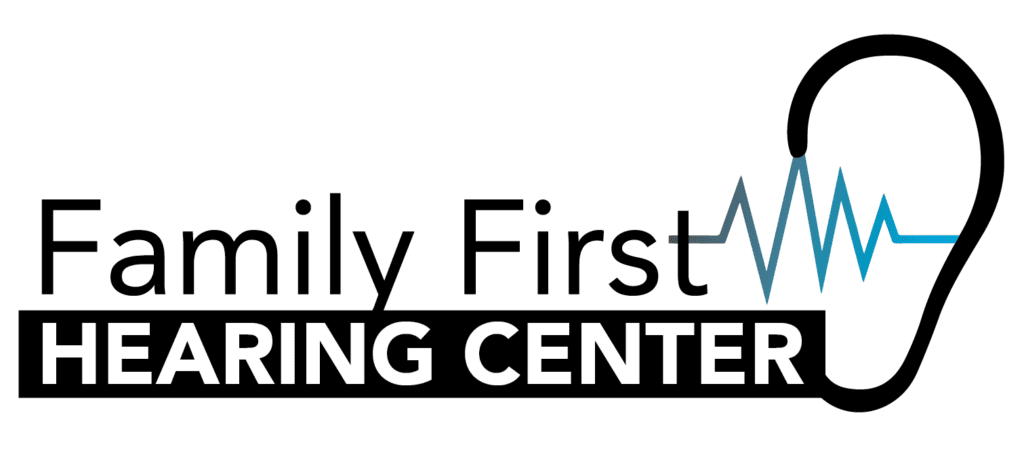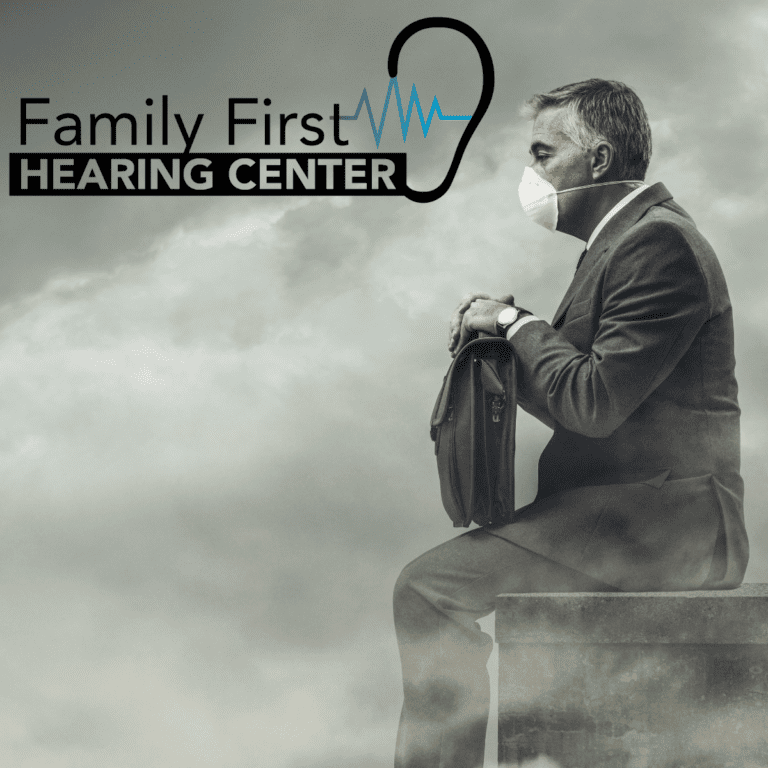Welcome to Family First Hearing Center! In today’s blog post, we’re going to delve into a topic that doesn’t always receive enough attention: the impact of pollution on your hearing health. It’s important to understand how your environment can affect your auditory system and what steps you can take to protect yourself. Let’s dive in!
Understanding Pollution and Its Sources
Before we delve into the specifics, let’s define what pollution is and the various forms it can take. Pollution refers to the presence of harmful substances or excessive noise in the environment that can negatively impact human health. The most common types of pollution include air pollution, noise pollution, and water pollution.
Air pollution is often caused by industrial activities and heavy traffic. The release of pollutants into the air can have detrimental effects on your hearing health. Similarly, noise pollution arises from construction sites, loud machinery, and busy traffic areas. Exposure to excessive noise can lead to long-term hearing damage. Finally, water pollution, caused by chemicals and toxins in water sources, can also impact your auditory system.
The Impact of Pollution on Auditory Health
Now that we understand the different types of pollution, let’s explore how each can affect your hearing.
First, let’s discuss air pollution. When you inhale polluted air, the delicate structures within your ears can be damaged. This damage may result in hearing loss or tinnitus, a persistent ringing or buzzing sound in the ears. The pollutants in the air, such as particulate matter and chemicals, can cause inflammation, affecting the functioning of your auditory system.
Noise pollution is another significant contributor to hearing problems. Prolonged exposure to loud noises, such as those found at construction sites, concerts, or even through the regular use of headphones at high volumes, can result in noise-induced hearing loss. It’s vital to protect your ears by using earplugs or earmuffs in noisy environments and taking breaks in quiet areas.
Water pollution can also have adverse effects on your auditory health. Chemicals and toxins found in polluted water bodies can damage the ear canal and middle ear. This damage can increase the risk of developing ear infections and other related issues.
Steps to Protect Your Hearing from Pollution
Fortunately, there are steps you can take to minimize the impact of pollution on your auditory health:
1. To reduce exposure to air pollution, try to stay indoors during times of high pollution levels. Use air purifiers and filters in your home to improve indoor air quality, reducing your exposure to harmful pollutants.
2. When it comes to noise pollution, prioritize protecting your ears. Wear earplugs or earmuffs when you find yourself in noisy environments. Additionally, make an effort to limit your exposure to loud noises and take regular breaks in quieter areas.
3. Preventing water pollution-related hearing issues involves avoiding swimming in polluted water bodies. This can help reduce exposure to harmful chemicals and toxins. Additionally, it’s important to keep your ears clean and dry to prevent infections. Use ear drops suggested by your audiologist if excessive moisture is a concern.
The Role of Audiologists in Addressing Pollution-Related Hearing Problems
In cases where pollution-related hearing issues have already developed, it is imperative to seek professional help from an audiologist. Audiologists are specialists trained to diagnose and treat hearing problems. They can provide you with tailored solutions and interventions to mitigate the effects of pollution-induced hearing damage. Regular check-ups with your audiologist are essential for monitoring your hearing health and addressing any potential problems promptly.
Protecting your hearing from pollution is crucial for maintaining auditory health. By understanding the impact of air, noise, and water pollution, you can take proactive steps to safeguard your ears. Minimize exposure to polluted environments, use protective gear such as earplugs or earmuffs, and seek professional help from us when needed. At Family First Hearing Center, we are dedicated to supporting you on your journey towards healthy hearing. Take charge of your auditory health and enjoy the sounds of life to the fullest!



